5 Factors That Separate Commercial vs. Industrial Construction
 Marissa Morin | Jan 25, 2023
Marissa Morin | Jan 25, 2023
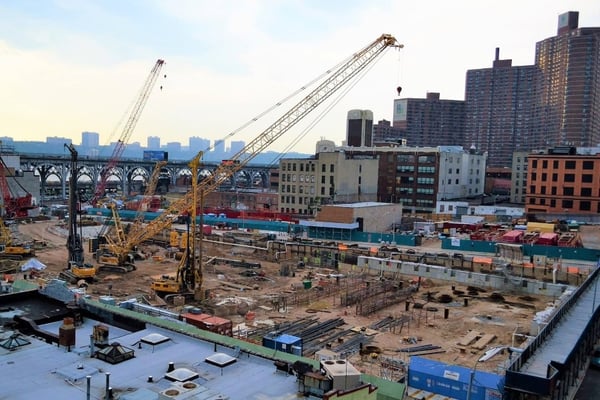
There are several construction categories: commercial, industrial, residential, and infrastructure (roads, wastewater systems, etc.). Two of these categories—commercial and industrial—frequently need clarifying. They might seem similar but are actually quite different. The difference between commercial and industrial construction comes down to several factors. Let’s break it down.
Commercial vs. Industrial—What’s the Difference?
What’s commercial construction? What’s industrial construction? How can we tell the difference? We’ll start with the basics. Commercial construction is commerce focused or designed to serve the public. Examples of commercial construction include offices, restaurants, hotels, stores, gyms, and hospitals. Industrial construction, on the other hand, focuses on business operations and often refers to factories, manufacturing facilities, power plants, refineries, and more.
5 Factors That Separate Commercial and Industrial Construction
Besides the more obvious intent of the building, other factors play a role in determining the difference between commercial and industrial construction. Here are five:

1. Design
The design of a building shapes the way people interact with the space. If it’s a commercial build, the structure will likely accommodate the flow of crowds or facilitate movement internally. Externally, the design will intrigue potential customers or include features like parking or landscaping.
Industrial design is instead focused on the logistics and efficiency needed to complete the work done inside. Industrial designs don’t need to engage visitors to the space, they need to be functional for machinery or production lines.
2. Location
Location plays an essential role in both commercial and industrial construction categories, but it often matters significantly to commercial construction projects. People often need easy access to commercial buildings to boost business. In fact, the location of something like a restaurant or store can make or break a business, especially if it’s hard to find.
Industrial facilities often need a considerable amount of space to accommodate structures such as factories and plants. Building owners are often more concerned about easy access to goods and materials than making sure the public can access the building. In these instances, an industrial construction project might need to be near a highway or port.
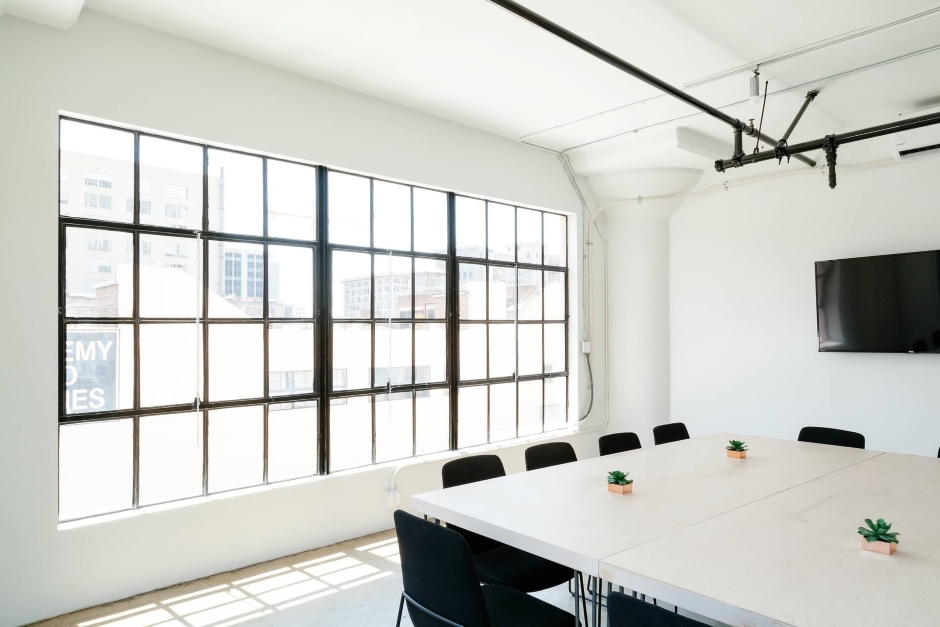
3. Permits
Permitting is an important part of many construction projects, but they still differ for commercial and industrial construction. A commercial construction project needs to be permitted and marked as safe for occupants. These builds need to meet local and zoning requirements.
Industrial construction will need to meet similar requirements and then some. Buildings like manufacturing facilities need to comply with more precise standards based on the work taking place inside the facility.
4. Mechanical, Electrical, and Plumbing (MEP)
Nearly every building requires climate control and plumbing, especially if people frequent the space. Commercial construction MEP is relatively simple; the building needs to accommodate visitors.
Requirements differ between commercial and industrial construction when industrial builds are large and complex. Heavy machinery typically requires an advanced electrical system. Generating a considerable amount of wastewater might require more advanced plumbing. For larger operations, the mechanical, electrical, and plumbing configuration may require additional effort when compared to commercial construction.
5. Project Management
Even though offices and restaurants can vary in design, the project details remain similar. This isn’t to say that commercial construction project management is simple, but it’s likely more straightforward than industrial construction projects. For example, many commercial construction builders have designated suppliers and processes and use the same materials for various projects.
Industrial construction, on the other hand, can get more complicated and more custom. Complex factories might require more skilled labor, less common building materials, and designs unlike any other. With this in mind, the project management team must be both experienced and prepared.
Here at Falcon Structures, we’ve played a part in both commercial and industrial construction projects. We’ve seen firsthand that each project has its own unique set of challenges, which motivates us to make sure we’re well-prepared and partnered with the right teams. We encourage you to take the right steps early on to set your team up for success. Take a look at our experience here.
Falcon Structures is a shipping container modification manufacturing company working to build a better world by pioneering the use of container-based structures. Falcon modifies boxes to become storage units, workspaces, bathrooms & locker rooms, living spaces, industrial enclosures, and multi-containers.
SUBSCRIBE
- Shipping Container Modifications
- How-Tos
- Workspace
- Commercial Construction
- Multi-Container Buildings
- Storage Solutions
- Industrial Enclosures
- Bathrooms & Locker Rooms
- Oil & Gas
- Climate Control
- Green Building
- Industry Insight
- Living Space
- Military & Training Facilities
- Water Treatment Solutions
- Energy
THINK INSIDE THE BOX®
WITH OUR BLOG
Get everything from shipping container basics, to detailed how-tos and industry news in our weekly blog. Stay inspired and subscribe!
RELATED BLOGS
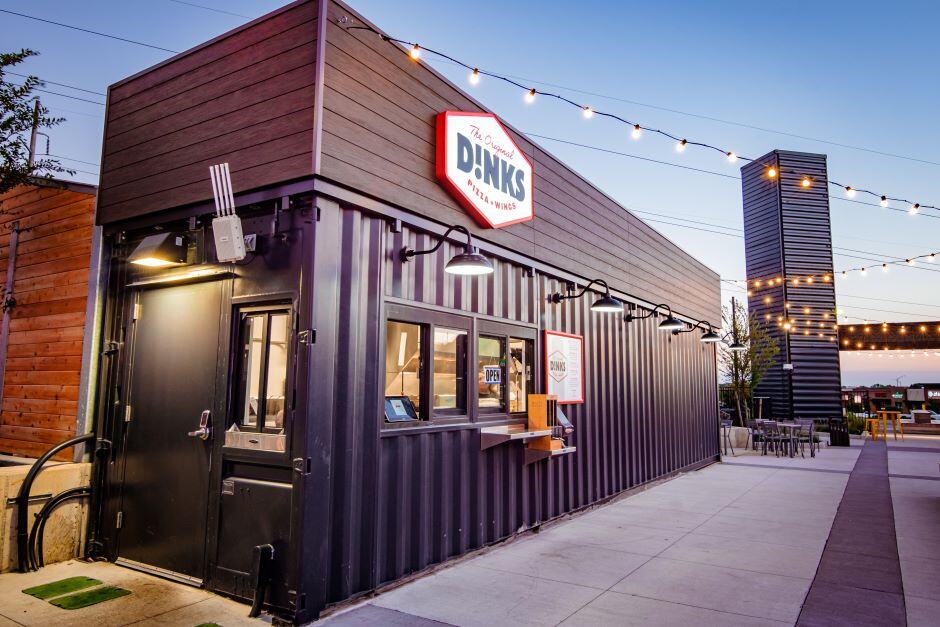
Lower Building Costs per Square Foot with Modular Construction
Becca Hubert | Oct 2, 2024 | 4 min read
READ MORE
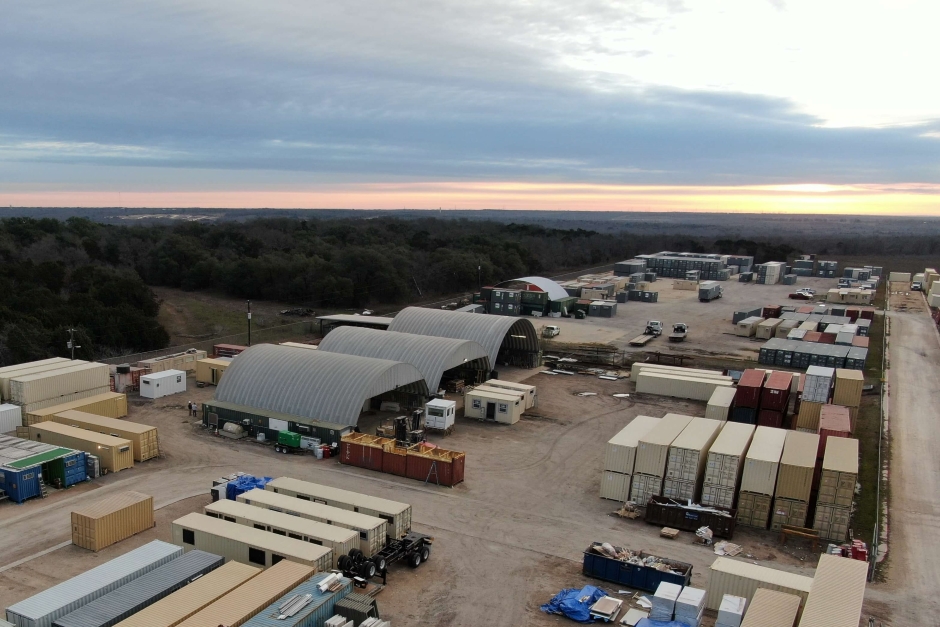
Industrial Commercial Real Estate Trends Prove Containers are the Best Choice for Your Business
Marissa Morin | May 25, 2022 | 2 min read
READ MORE
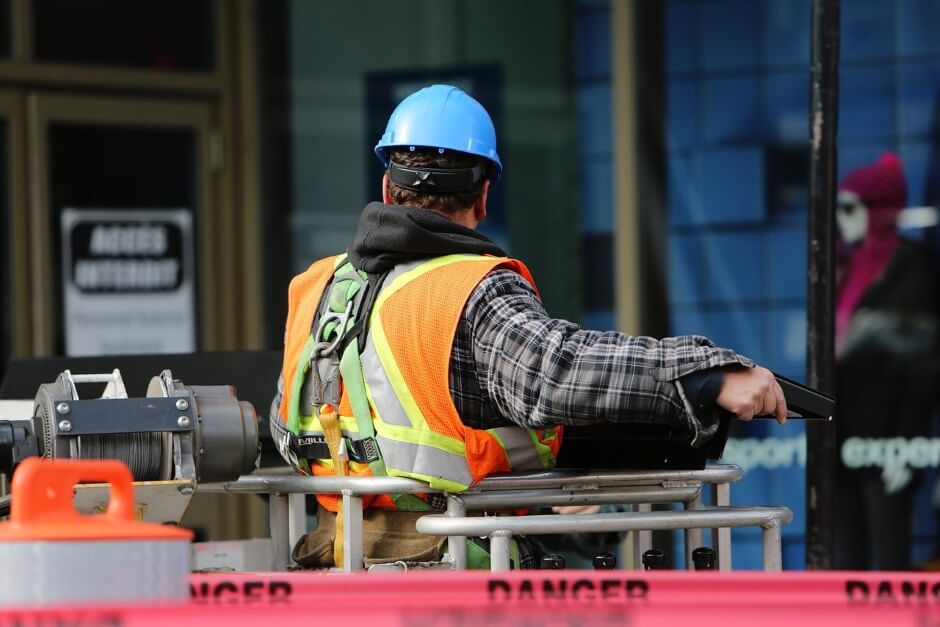
Safety in Construction: Ensuring Your Team is Well Equipped
Marissa Morin | Apr 27, 2022 | 3 min read
READ MORE
